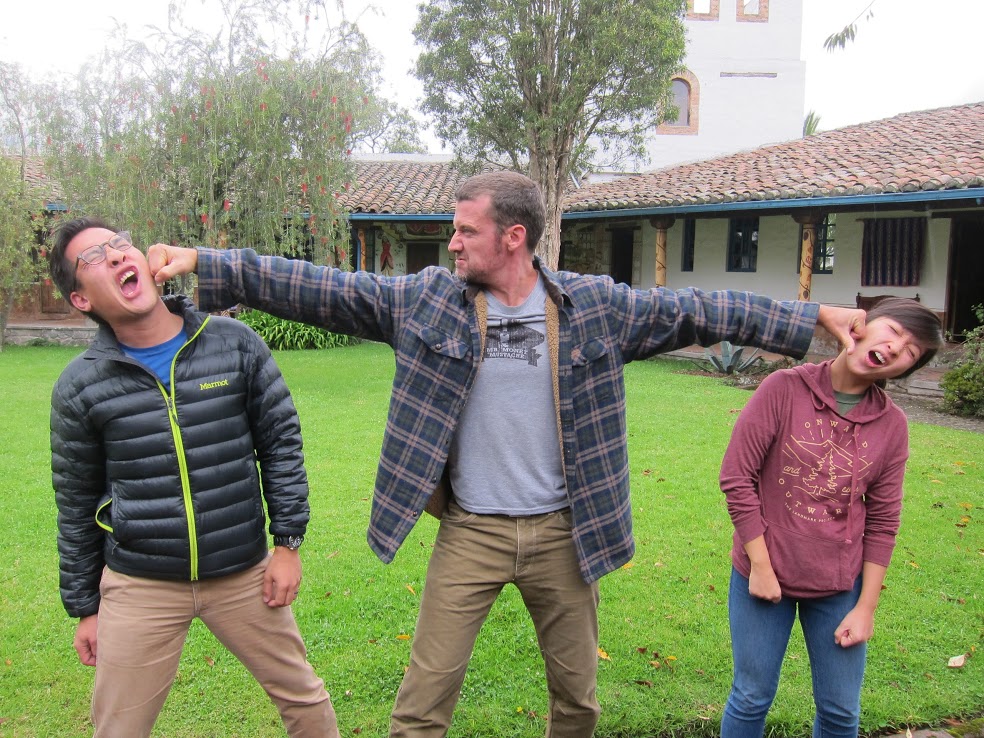One of the resident llamas trimming the grass on the grounds of Hacienda Cusin
Photo by Danielle Duong
Greetings from Ecuador!
I’m here deep into the second of our back-to-back Chautauquas 2016. As always, a great time that has me rarely coming up for air. There is nothing quite as satisfying as becoming utterly exhausted doing something you love.
But the other day my pal Jay of Scavenger Life sent me a link to a podcast conversation he and I had a few weeks back:
Where did you learn about money?
In it we discuss from where our ideas, fears and attitudes surrounding money came. You’ll learn the deep dark secrets of our past all the way back to our childhoods.
Of course, the conversation ranges far beyond this, touching on the changing nature of work and employment, child rearing and more. I wanted to share it with you ASAP and I hope you enjoy listening to it as much as we did recording it.
This isn’t the first time he and I have talked.
Early this year, he and Ryanne interviewed me for their podcast:
How scavengers can achieve financial independence
(BTW, one of our second week Chautauqua attendees told me he discovered Scavenger Life thru this podcast and went on to earn the money for he and his wife’s trip to Ecuador following the Jay & Ryanne model of eBay selling. Funding college for their kids is next.)
A few months later, I turned the tables and interviewed them:
Running an eBay Store and Airb&b with Jay and Ryanne
So that’s our “psychology of money” story. What’s yours?
Meanwhile, Ecuador and Chautauqua are calling me back…

Mr. Money Mustache administers his trademark face punch,
a Chautauqua highlight
Photo by Danielle Duong
Addendum:
If you have more listening time and interest, here are some more jlcollinsnh podcasts.


